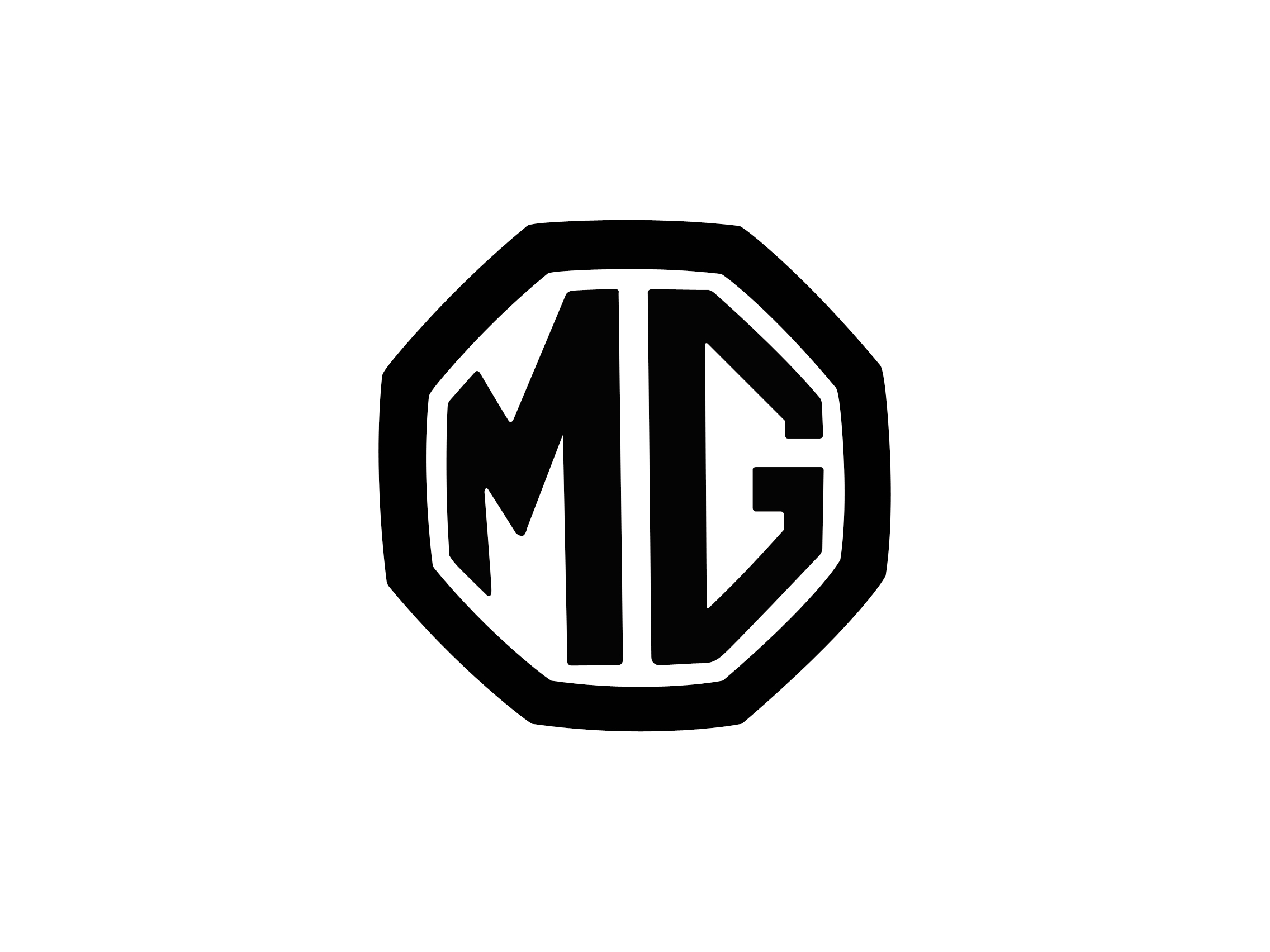Find Your Dream Car at caryanams
Where quality meets value! From style to performance, we have it all. Drive home your perfect car today!
Where quality meets value! From style to performance, we have it all. Drive home your perfect car today!
Easily buy or sell cars on our user-friendly platform.
Access convenient finance options tailored to your car deals through Caryanams.
Utilize our advanced evaluation app to determine the optimal price for your vehicle.
- Dealers can participate in auctions to efficiently procure cars with seamless bidding processes.



























Our CarSure experts inspect the car on over 200 checkpoints so you get complete satisfaction and peace of mind before buying.